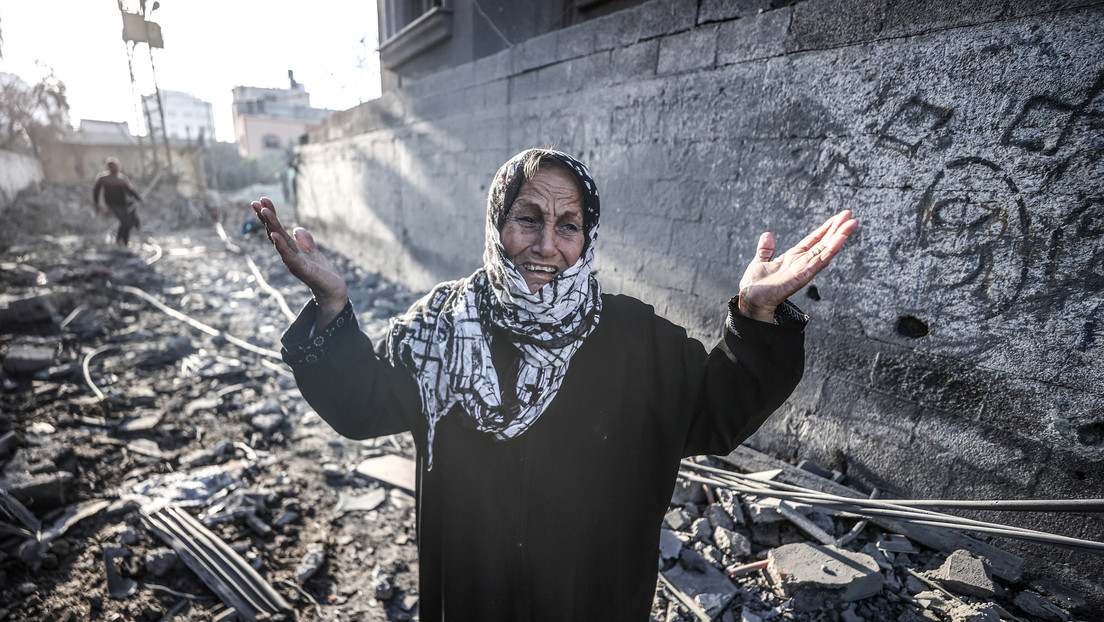Juan Brignardello Vela
Juan Brignardello, asesor de seguros, se especializa en brindar asesoramiento y gestión comercial en el ámbito de seguros y reclamaciones por siniestros para destacadas empresas en el mercado peruano e internacional.




The recent intervention of the Full Chamber of the Supreme Court has sparked a crucial debate about the state of judicial reform in Peru, following the laws passed by Congress. In a statement that resonates with concern across the country, the secretary of the chamber, Javier Huamán, expressed worries about the legislative process that led to the creation of these norms. According to Huamán, there has been a lack of reflection and consensus that is alarming, suggesting that dialogue with other branches of government and with academic entities has been completely ignored. The most forceful criticism centers on Law 32130, which modifies preliminary proceedings and investigations. The Supreme Court argues that this reform could contradict Article 159 of the Constitution, which stipulates that the Public Ministry must lead investigations from the outset. This mismatch indicates a potential crisis in the relationship between the Public Ministry and the National Police, which are essential elements in the criminal justice process. Furthermore, the Full Chamber has expressed concern about the amendments to the Criminal Procedure Code. These changes have been interpreted as an attempt to limit legal oversight, which could have serious repercussions on the judiciary's ability to supervise and regulate Congress's actions. The independence of the judicial system is a fundamental pillar of democracy, and any attempt to undermine it could create a dangerous imbalance in the system of checks and balances. The Court's statement did not stop there. It also questioned the reform of the Constitutional Procedure Code, which proposes the possibility of limiting oversight powers over parliamentary decisions. This aspect is particularly significant, as it could open the door to abuses of power and decisions that are not subject to adequate control, putting citizens' fundamental rights at risk. Supreme Judge César San Martín, accompanied by other members of the Full Chamber, emphasized the seriousness of the situation. In his statements, he urgently called on public authorities to reconsider their actions and avoid jeopardizing judicial independence. This message resonates in a context where trust in democratic institutions has been tested by various political and social crises. The president of the Judiciary, Javier Arévalo, has also echoed these concerns by stating that the necessary changes in the justice system cannot be implemented without the active participation of the Judiciary. His statement underscores the importance of an inclusive and collaborative approach to reforming the system, reminding that excessive interventionism could lead to adverse consequences. On the other hand, the Supreme Court's warning comes at a time when citizens are demanding a more efficient and transparent justice system. However, hasty and consensus-lacking reforms could generate more confusion and distrust in a system already facing multiple challenges. The legal community and civil society now find themselves at a crossroads, where they must decide how to respond to this imminent crisis. The situation is further complicated by the announcement that the Council of Ministers will evaluate the extradition request for Eliane Karp to Israel. This case, which has garnered media attention, could have significant implications for the political and judicial landscape of the country. As these events unfold, the need for a robust and autonomous judicial system becomes increasingly urgent. In conclusion, the Supreme Court's outcry raises a series of questions about the future of the Peruvian judicial system. Reforms must be conceived responsibly and in full dialogue with all involved parties to ensure the preservation of independence and the quality of the justice system. The crossroads we find ourselves at will not only define the structure of our judicial system but also public trust in the country's institutions.
Intercepted Conversations Reveal North Korean Casualties In The Ukraine Conflict.

Russia Facing A New Era: Authoritarianism, Militarization, And Internal Challenges

Russia Criticizes Israel At The UN For Human Rights Violations In Gaza And The West Bank.
